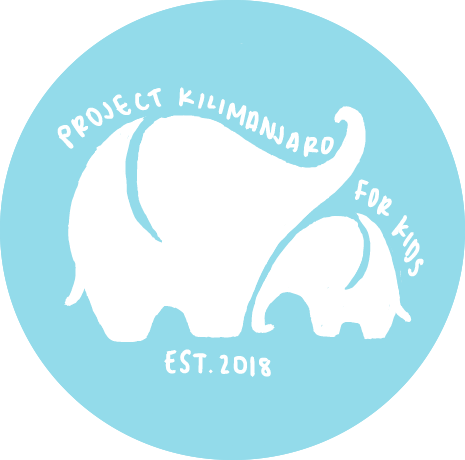Current Campaign
Menstrual Health Management Campaign in Pune, Maharashtra
Menstrual health and hygiene management (MHHM) is a topic of focus for Project Kilimanjaro (PK). Our organization recognizes the global stigma of and lack of education about menstruation. When people who are menstruating are inadequately supported, misinformed, and insufficiently provided with needed resources, many preventable problems often arise. Poor menstrual hygiene may lead to discomfort and infections, resulting in an overall decreased quality of life. At PK, we believe that all human beings have a right to menstruate with dignity.
Gender inequality and discrimination are significant issues faced by many menstruating women and girls in India. The preliminary investigation contributing to the development of this initiative included a 2018 study, conducted by the Department of Community Medicine at Hamdard Institute of Medical Sciences and Research in Delhi, found that approximately 40% of girls were absent from school when they were menstruating. While research into the implications of gender-based violence, prevalent in Maharashtra's peri-urban areas, on MHHM is limited, many women report adverse psychological and health effects that often go unaddressed. Young menstruating girls are often excluded from various activities ranging from everyday tasks to school-based activities and religious ceremonies, often ostracized as "unclean." Furthermore, limited access to resources and financial concerns are obstacles to healthy MHHM practices, resulting in many women reusing old rags as adsorbents due to the costly nature of disposable sanitary pads. As a result, many young girls have a compromised quality of life and are at risk for school drop-out and unemployment.
After two years of research and development, PK is embarking on a public health campaign in 2022, in the face of COVID-19, to combat limited access to menstrual resources, as well as address the components contributing to misutilization of menstrual resources and the spread of misinformation surrounding MHHM. Rooted in Maharashtra, India within the peri-urban community of Pune, our organization will collaborate with SIR Foundation, a local grassroots organization working to advance access to education for low-income communities, to implement a series of MHHM courses and resources. More specifically, PK will distribute over $75,000 worth of biodegradable sanitary napkins, donated by Saathi Pads, to the 5000 beneficiaries participating in our program.
The MHHM-Pune Campaign will examine if access to menstrual health products, menstrual health education, or a combination of products and education, will help menstruating people continue to attend school. PK’s instructional design department collaborated with nurses, physicians, and scholars within the academic community in the United States and India to create a comprehensive MHHM curriculum that serves as a template for local educators to use and iterate. With use of this handbook that focuses on cultural relevance and sensitivity, local community members and teachers will be able to create a personally tailored MHHM course for school-going children in their communities.
PK anticipates results will reflect that menstrual health education and access to menstrual health products help menstruating individuals stay in school to gain the tools necessary to pursue their dreams. Through educational intervention, PK aims to eliminate the misinformation and shame that surrounds menstruation. Access to biodegradable sanitary napkins may provide people an opportunity to feel protected and secure during menstruation. It is our hope that proper material resources and education will work together to support menstruating people by increasing their familiarity with a wide variety of menstrual products and improve their self-confidence while menstruating.
Following the analysis of our program results, our goal will be to ensure that our beneficiaries and their communities will continue to have sustainable access to high-quality, environmentally friendly menstrual products with the support of Saathi. By retaining values of transparency in programming and a co-design concept, we plan to provide end-results to community leaders to further shape public health infrastructure and policy in support of the 2030 sustainable development goals. In doing so, we as an organization continue to stay dedicated to increasing local ownership of healthcare decision-making, while empowering menstruating people around the world.
The smiling faces of young participants from PK’s 2020 MHHM Campaign.

